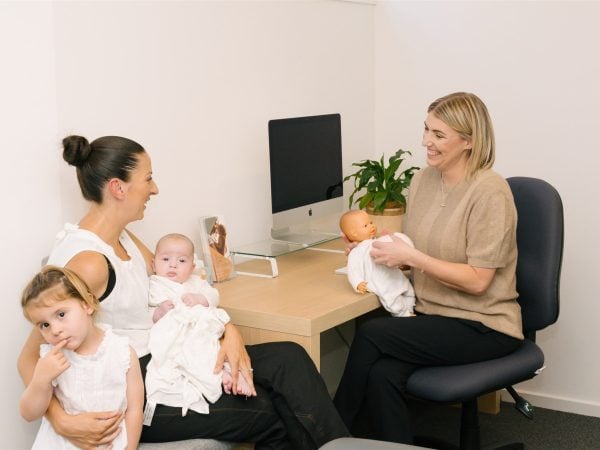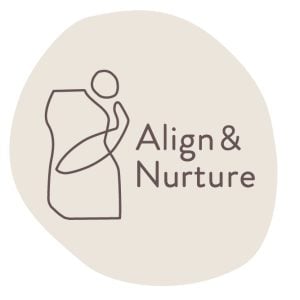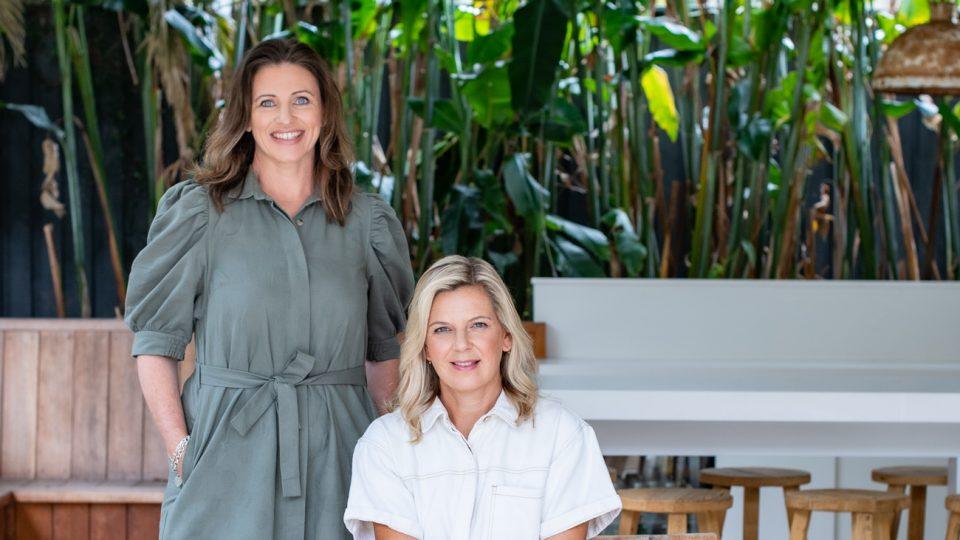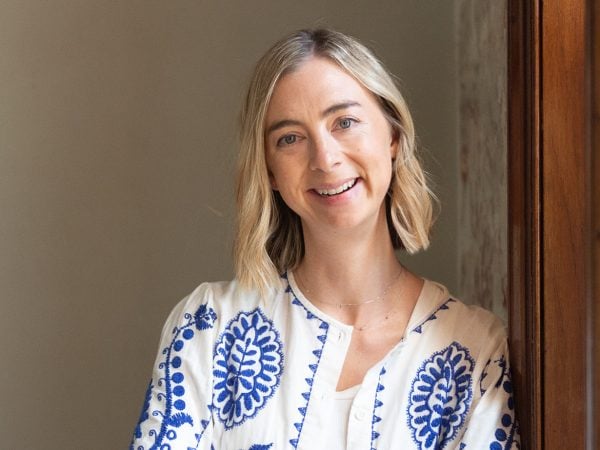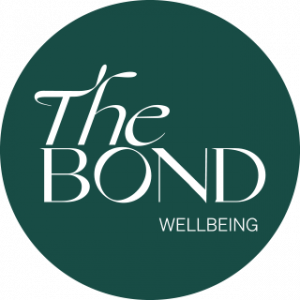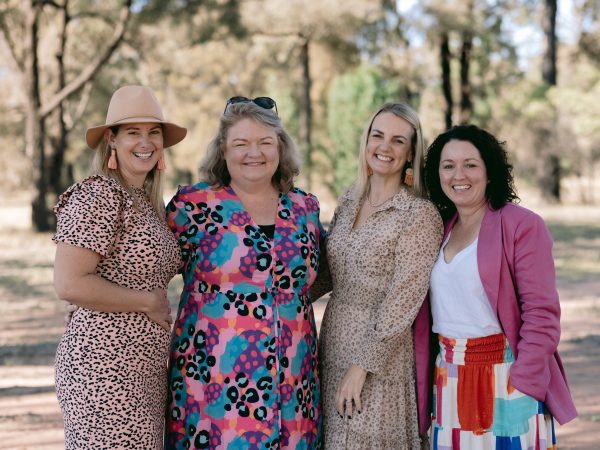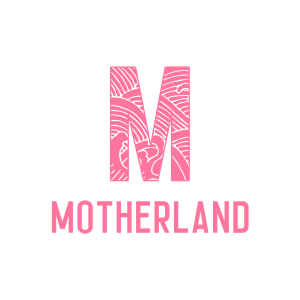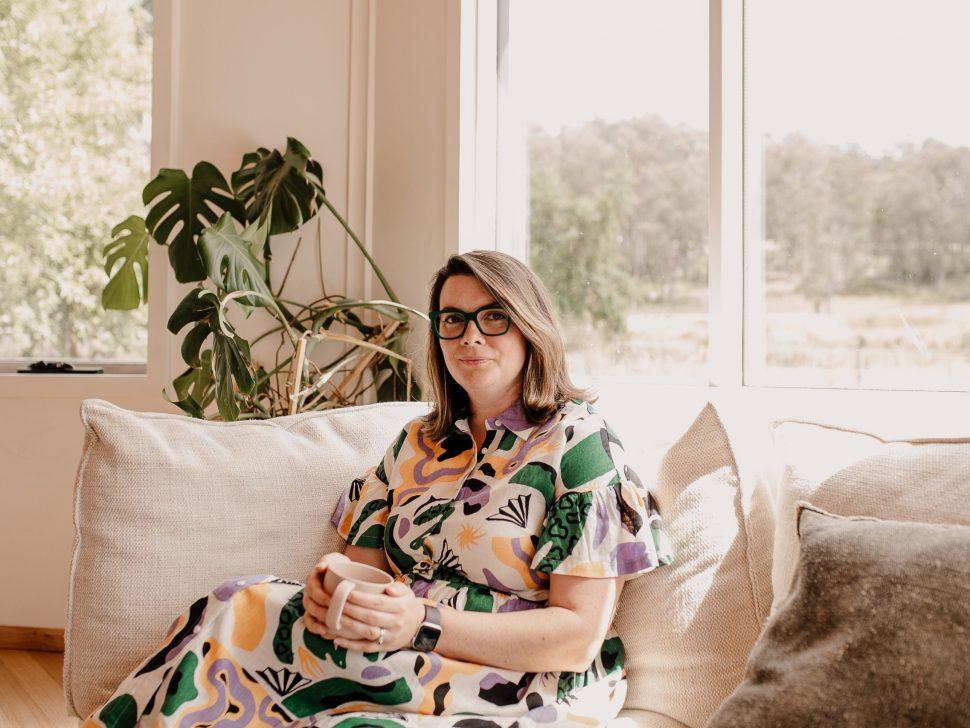The early postpartum period is a beautifully chaotic and gloriously messy time for new mothers. You are caring for a newborn while you’re also healing, leaking, bleeding, adjusting, learning, and managing the substantial hormonal shifts that occur. It’s no surprise, then, that it’s a time when many mothers feel exhaustion and isolation.
Mama, seeking support is crucial for your wellbeing.
This support can come in so many different forms, such as family, friends, your wider community and a wide range of healthcare professionals. Reaching out for support in your mothering journey is never a sign of weakness but an absolutely necessary step towards a healthy and positive experience, postpartum and beyond.
Emotional Support
During the fourth trimester, it’s so important to have someone to rely on that you can speak with and feel safe to share your concerns and worries. Postpartum doulas can help with emotional, practical, and nutritional support at home or virtually. Matrescence coaches, counsellors, or psychologists can offer guidance and emotional support to help navigate the complexities of motherhood.
Practical Support
This is also a time when your body goes through significant changes as it recovers and heals from birth, navigates huge hormonal shifts, and has additional nutritional needs to regain energy. This is the time to prioritise healing and bonding with your baby rather than getting swamped with household chores. You matter, Mama and your healing matters. It is important to seek help from family and friends to aid in your recovery. It’s an invaluable investment to order a meal delivery to stock your freezer with food made specifically to nourish and heal the postpartum body. If possible, hire a cleaner to take care of household duties, even just for a few weeks. These services do come with a cost, which means they aren’t an option for everyone. Consider putting these on your wishlist for a baby-shower or new-baby gifts from family (gifting support rather than onesies for the win!). You could also consider setting up a meal or task train to share the load. If you feel uncomfortable doing this yourself then it can be a really helpful task for a bestie, hubby or mother-in-law etc. A nesting party can be a fabulous alternative to a baby shower and means your friends can help fill your freezer, prepare your spaces and get any odd jobs out of the way before bub arrives. Let’s normalise this!
Social Support
Social support is also crucial for our wellbeing as mamas. Mother’s groups and ‘mums and bubs’ groups are great ways to share experiences and reduce feelings of isolation and loneliness. If you look within your local community for mum meet-ups, mums and bubs movement classes, coffee catch ups or even online mothers groups, you can determine what works best for you.
Physical Support
Physical support is so important so you can heal and adjust after giving birth. Proper rest is vital for recovery. We recommend seeking a trained physiotherapist who specialises in postpartum healing and pelvic health recovery. Hands-on therapies like massage, osteopathy, and chiropractic care can also restore the body’s vitality and strength.
Nutritional Support
Consider seeking support from a naturopath, nutritionist, or integrative health practitioner postpartum to identify and address any deficiencies caused by pregnancy, which, left untreated, can lead to postnatal depletion. A naturopath can ensure proper nutrition for
Early Parenting Support
Feeding and settling a baby is not always an innate skill and requires learning. Breastfeeding can be a challenge for so many mothers, but there are incredible support services available for mothers who need them. A lactation consultant can be of great help in achieving your feeding goals and improving your confidence and skills, regardless of the method you choose to feed. A family sleep specialist can help set realistic expectations around infant sleep and how to work with your baby’s temperament to ensure the family manages as much rest as possible.
Mama, you matter!
If you are needing some support that goes beyond what is mentioned here, we have gathered this list of important numbers and places to reach out to (scroll to bottom of the page).
We have created a full eBook that goes into much greater detail with space to make notes that can be downloaded here for free.
If all this sounds great but you don’t know where to start … book a chat with us and we will be right beside you to help guide you to find exactly the right support for you.
